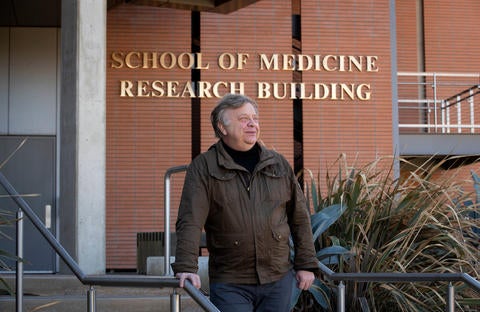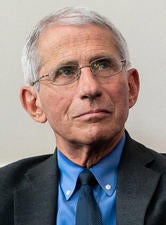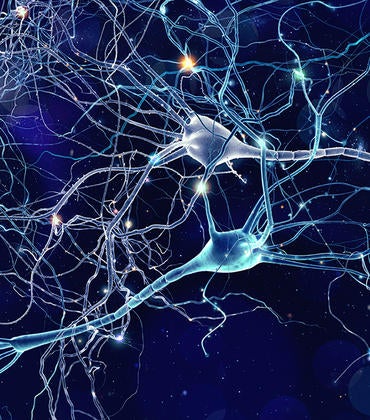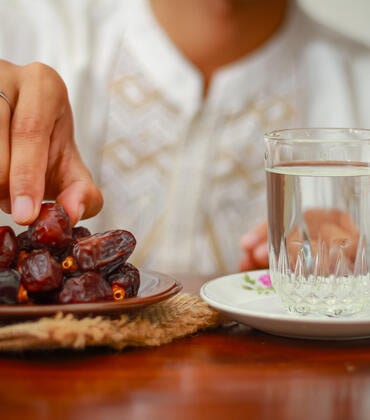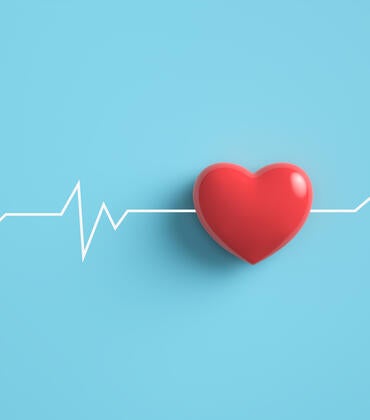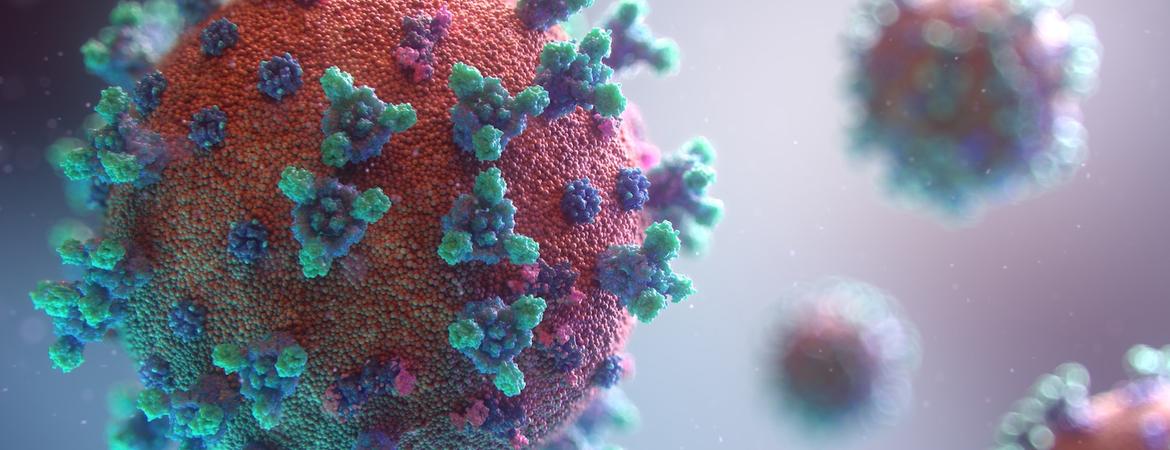
SARS-CoV-2, the virus that spreads COVID-19, caused a pandemic that killed more than five million people worldwide. Several variants of SARS-CoV-2 have emerged during the pandemic, drawing attention to how new mutations impact virus replication, infectivity, transmission, and immunity.
Now, SAVE, an international group of about 60 epidemiologists, virologists, and biostatisticians assembled by the National Institute of Allergy and Infectious Diseases, or NIAID, provides advice to the institute on the emergence of new variants and coordinates efforts on their characterization.
Adam Godzik, a professor of biomedical sciences in the School of Medicine at the University of California, Riverside, is a member of SAVE, which stands for “SARS-CoV-2 Assessment of Viral Evolution.” He and his fellow group members provide weekly assessments of novel mutations in variants and evaluate whether they can affect virus transmission, severity, and immunity. SAVE experimental groups also test vaccines and therapeutics.
“In late 2020, I was invited to join SAVE as a member of the Early Detection Group,” said Godzik, who holds the Bruce D. and Nancy B. Varner Presidential Endowed Chair in Cancer Research at UCR. “We meet two or three times each week to exchange our analyses of the implications of SARS-CoV-2 variants on diagnostics, vaccines, and therapeutics.”
NIAID assembled and coordinated SAVE scientists in January 2021, drawing on experts from around the world who specialize in relevant research fields such as viruses, the immune system, vaccines, epidemiology, structural biology, bioinformatics, virus genetics, and evolution. SAVE members represent 58 different research sites located in the United States and around the world.
In a paper published today in Nature, Godzik and his fellow SAVE scientists describe their coordinated approach to identify and curate data about emerging variants, their impact on immunity, and effects on vaccine protection. They report pivotal findings and identify future challenges.
The UCR bioinformatics group led by Godzik developed a coronavirus3D server, which provides regular tracking of novel SARS-CoV-2 mutations, identifying those with a potential to change virus behavior.
“We pool our predictions with those made by other groups in the Early Detection Group and prioritize variants with such mutations’ experimental characterization,” Godzik said.
SAVE is a part of the U.S. Department of Health and Human Services’ SARS-CoV-2 Interagency Group, or SIG. With the emergence of COVID-19-causing variants of concern, SIG leaders recognized a need for scientists to rapidly generate, share, and assess variant data to benefit public health.
The Nature paper notes that the SAVE group rapidly responded to the Omicron variant by “generating plasmids and spike protein, isolating, propagating, and distributing authentic Omicron viral stocks, submitting reagents to public repositories, performing binding and neutralization assays and evaluating virus infection across different animal models. The data from these studies were rapidly shared with government agencies and submitted as manuscripts on pre-print servers.”
The paper’s summary states that over the past two decades, “we have witnessed the emergence/re-emergence of several RNA viruses, including West Nile virus, H1N1 influenza virus, chikungunya virus, Zika virus, SARS-CoV-1, MERS-CoV, and Ebola virus, that have threatened global public health. Developing collaborative programs between academic, industry and commercial partners is essential to respond to rapidly evolving viruses.”
Letter from Dr. Fauci
In mid-February this year, Godzik received a letter from Dr. Anthony Fauci, the director of the NIAID and chief medical advisor to the president of the United States, in which he thanked Godzik for the critical contributions he and three members of his research team have made during the ongoing COVID-19 pandemic.
“Your research has been incredibly important to the fast-paced pandemic response and has supported public health effort around the world,” the letter notes. “Your hard work and dedication in the lab have enabled the research and public health communities to respond to the pandemic with extraordinary speed and efficiency. You have generated key data on SARS-CoV-2 that is being utilized to inform public health decision in the United States and internationally.”
